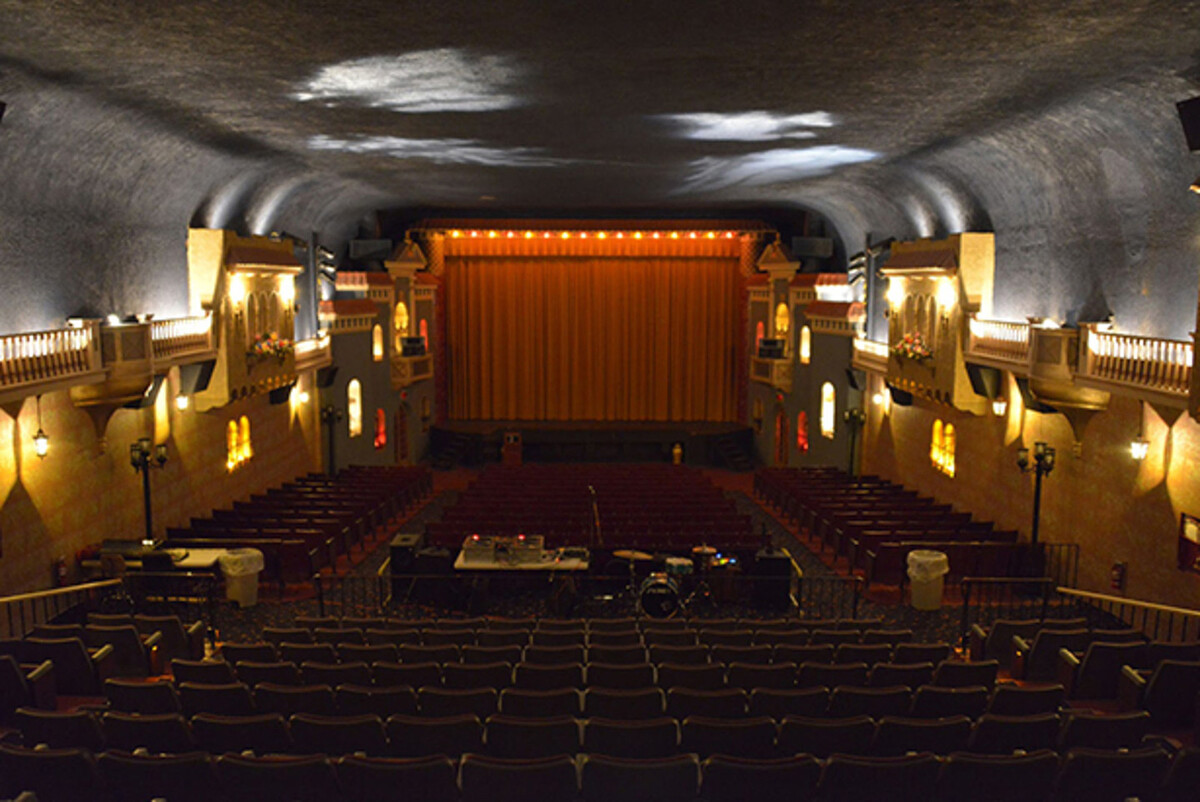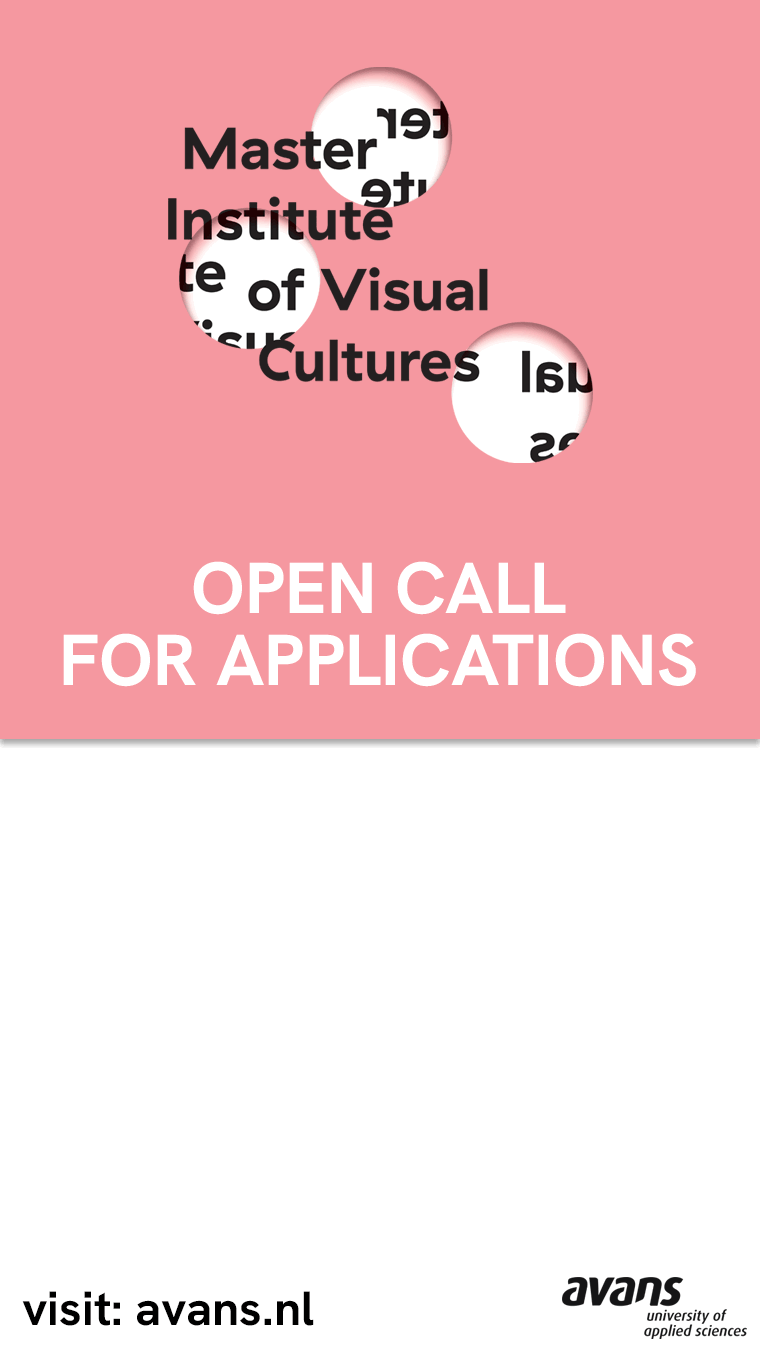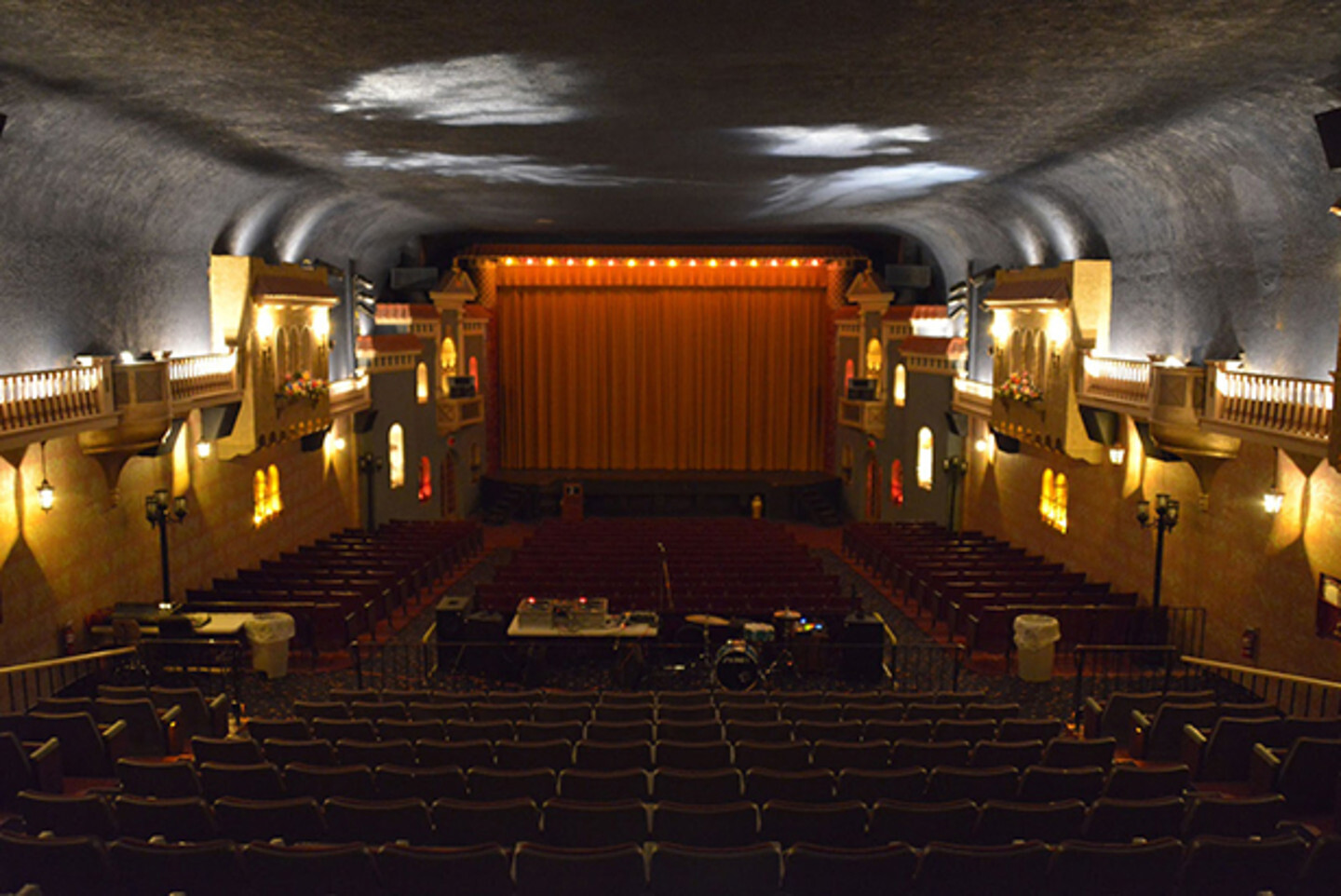October 30, 2015
“Supercommunity Live” brings together editors and contributors to e-flux journal‘s expansive four-month publishing project for the 2015 Venice Biennale. Together, the 88 days of contributions to Supercommunity testify to a profound shift in the status of humanity in relation to the planet.
Unstable market forces, the consequences of colonialism, and changes in the Earth’s biosphere have combined to undermine and even invert the border between human and nature that the modern period sought to order and stabilize, often with extreme violence. Today, the resulting crisis in the very idea of what constitutes humanity and nature as distinct entities is only further provoked by economic and political events that don’t seem to be reducible to the command of either one. The vast scale of these shifts calls for an equally expansive community of thinkers to be assembled just to begin to identify the shape of the problem through guest-edited sections on the universality of corruption, the many faces of apocalypse, the materialist metaphysics of the cosmos, the universe as a gigantic computer, and other themes.
On October 30 and 31, e-flux will present “Supercommunity Live: The Climatic Unconscious,“ together with Remai Modern Art Gallery of Saskatchewan. Join e-flux journal editors Julieta Aranda, Brian Kuan Wood, and Anton Vidokle and special guests Kader Attia, Raymond Boisjoly, Natasha Ginwala, Wietske Maas, Pedro Neves Marques, Matteo Pasquinelli, Elizabeth Povinelli, and Mohammad Salemy for two days full of lectures and discussions at the Roxy Theatre in Saskatoon, with screenings of works by Hito Steyerl, Julieta Aranda, Elizabeth Povinelli, Anton Vidokle, Hassan Khan, Susanne Winterling, and others.
For the full program and to register to attend, click here. Admission is free for University of Saskatchewan students.
A specific notion of humanity must now be filled in with what it could not fully expel in the past: indigenous worlds, natural and supernatural forces, divinatory financial and political futures, the discreet charm and persistent sociability of capital, and the autonomous will of technological extensions producing new natures that no longer answer to the humans who wrote the software. If today’s contemporary art often seems a confusing and overextended mess, it may very well be because it is already confronting this emerging reality from within its very center. It is paradoxical that these questions can be addressed in their full scope in this setting, precisely due to art’s place at the very center of the humanist tradition. But maybe not so paradoxical: as many members of the Supercommunity have pointed out, the merging and confusing of humanity with its ecological or planetary other is not only leading to the mutual eradication of humanity and the end of the world. It is also leading to a profound enhancement and advancement in the understanding of what constitutes human life.
Changes in our planet’s biosphere are no longer only about climate. They now draw into their orbit an entire range of abstract forces previously thought to serve humanity by protecting it from its outside. Today, the climatic unconscious may hold the key to unlocking the contradictions of a planet that became unfamiliar and inhospitable when it was globalized. Because climate conditions hold people together when nothing else does, on glorious days and in apocalyptic floods.
See you in Saskatoon!
For more information contact Troy Gronsdahl at tgronsdahl [at] remaimodern.org or T +1 (306) 975 8487.
“Supercommunity Live” is generously supported by the University of Saskatchewan. The James Hotel is the Supercommunity Live hotel partner.
Remai Modern gratefully acknowledges funding from the City of Saskatoon, the Saskatchewan Arts Board, Canada Council for the Arts, SaskCulture, and Canadian Heritage.
Kader Attia uses his experience of being part of two cultures as a starting point to develop a dynamic practice that reflects on the aesthetics and ethics of different cultures. His essay “The Loop” was published on Supercommunity Day 44 as part of the theme Planetary Computing (Is the Universe Actually a Gigantic Computer?).
Julieta Aranda is an artist and an editor of e-flux journal. Her essay with Ana Teixeira Pinto, “Turk, Toaster, Task Rabbit,” was published on Supercommunity Day 6 as part of the the Planetary Computing theme. Her dialogue with Brian Kuan Wood, “Give Back to your Alma Mater!,” was published on Supercommunity Day 66 as part of the theme “Art.”
Raymond Boisjoly is an indigenous artist of Haida and Québécois descent from Chilliwack, BC, currently based in Vancouver. Boisjoly is at the forefront of an emerging strain of thinking about how indigenous artistic, cultural, and political histories can inform contemporary practice. Recent exhibitions include (And) Other Echoes, Simon Fraser University Gallery, Raymond Boisjoly, Catriona Jeffries Gallery, and As It Comes, Contemporary Art Gallery.
Natasha Ginwala is an independent curator, researcher, and writer. She is Curatorial Advisor and Public Programmes Curator for the Gujral Foundation’s project My East is Your West at the 56th Venice Biennale (2015), and was a member of the artistic team at the 8th Berlin Biennale for Contemporary Art (2014). She guest-edited the Supercommunity theme Corruption: Everybody Knows….
Brian Kuan Wood is an editor of e-flux journal. His dialogue with Julieta Aranda, “Give Back to your Alma Mater!,” was published on Supercommunity Day 66 as part of the “Art” theme. “Child as Material,” with Mary Walling Blackburn et al., was published on Supercommunity Day 24 as part of the Supercommunity theme.
Wietske Maas is a cultural worker and an artist researching urban food ecologies and metabolic relations between life forms in the city. Based in Amsterdam since 2005, Maas combines artistic pursuits with work as a producer and curator for the European Cultural Foundation and as research and project coordinator for the concluding phase of FORMER WEST (2014–16). Her essay “The Corruption of the Eye: On Photogenesis and Self-Growing Images” was published on Supercommunity Day 85 as part of the Corruption theme.
Pedro Neves Marques is a writer and visual artist living in New York. He is the editor of The Forest and the School/Where to Sit at the Dinner Table?, an anthology on Antropofagia and cosmopolitical struggles in Brazil, and the author of the fiction book The Integration Process. He guest-edited the Supercommunity theme Apocalypsis.
Matteo Pasquinelli is a philosopher. He wrote the book Animal Spirits: A Bestiary of the Commons (2008) and edited the anthologies Gli algoritmi del capitale (2014) and Alleys of Your Mind: Augmented Intelligence and its Traumas (forthcoming from Meson Press) among others. His essay “On Solar Databases and the Exogenesis of Light” was published on Supercommunity Day 22 as part of the Politics of Shine theme.
Elizabeth Povinelli is Professor of Anthropology and Gender Studies at Columbia University. Her work seeks to develop a critical theory of late liberalism. She is the author of four books, Labor’s Lot (Chicago, 1994); The Cunning of Recognition (Duke, 2002); The Empire of Love (Duke, 2006); and Economies of Abandonment (Duke, 2011). Her essay “Windjarrameru, The Stealing C*nts” was published on Supercommunity Day 12 as part of the Corruption theme.
Mohammad Salemy is an independent curator based in Vancouver and New York and an organizer at The New Centre for Research & Practice. His essay “Art After the Machines” was published on Supercommunity Day 20 as part of the “Art” theme. He co-organized and edited Superconversations, the daily responses to Supercommunity essays on e-flux conversations.
Anton Vidokle is an artist and an editor of e-flux journal. His text “The Communist Revolution was Caused by the Sun: A Partial Script for a Short Film” was published on Supercommunity Day 60 as part of the Cosmos theme.


